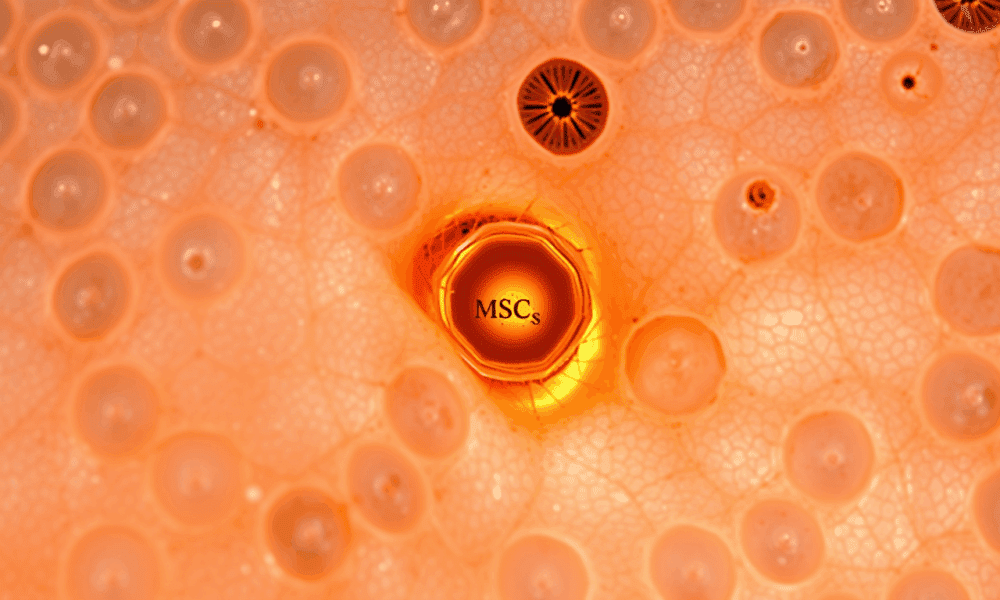
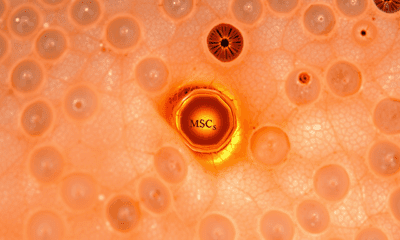

Scientists have discovered cells in the skin of Atlantic salmon that offer new insights into how wounds heal, tissues regenerate, and cellular transitions support long-term skin...
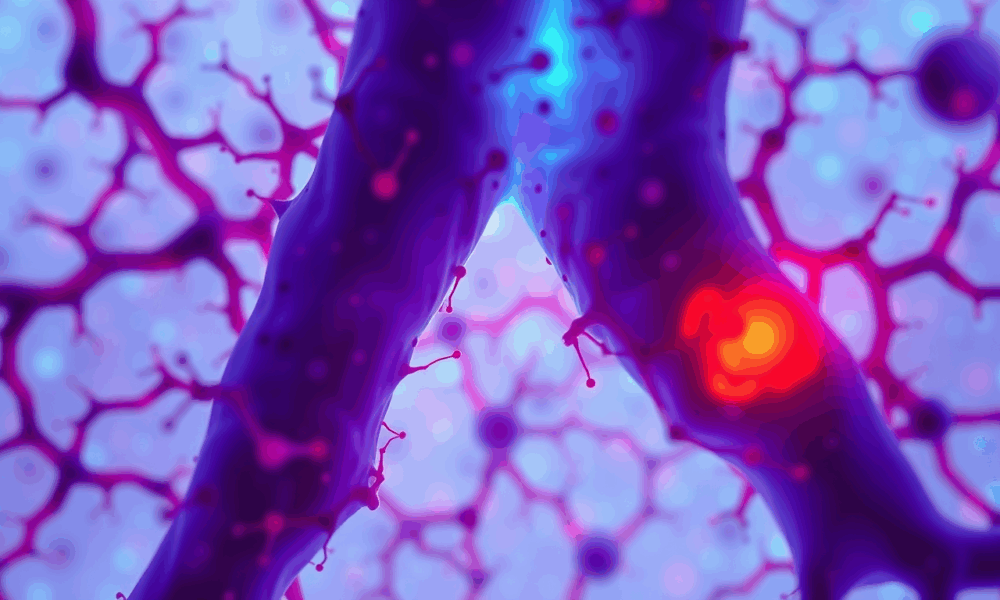
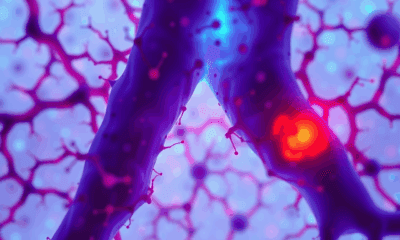

Researchers have shown that gonadotrophs, cells in the pituitary gland with a key role in puberty and reproduction, come from two different populations, with the majority...
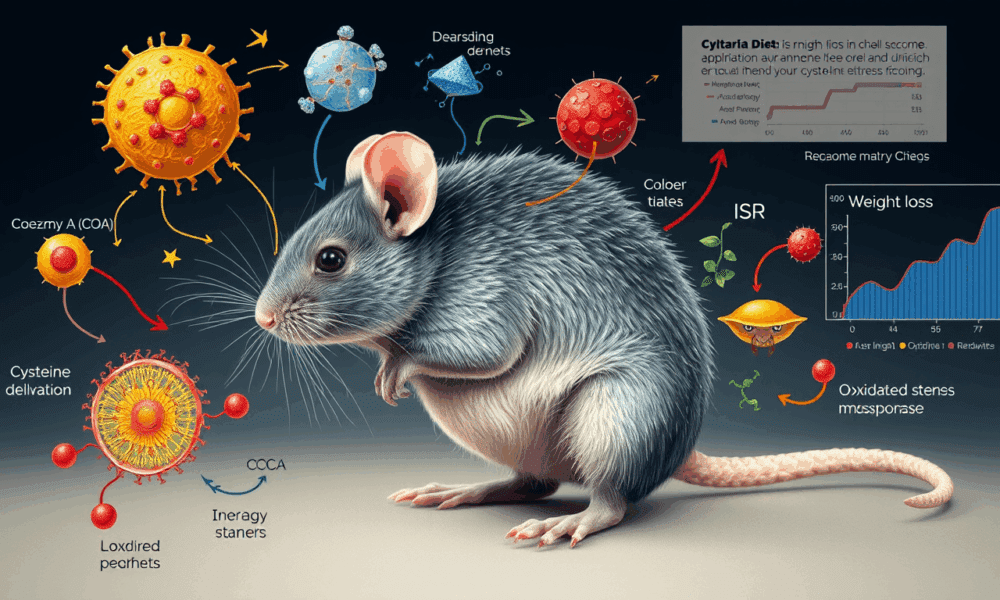
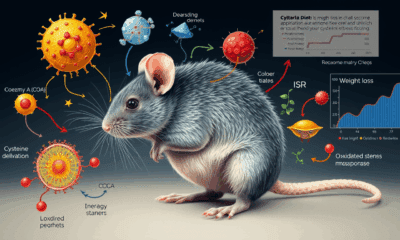

Mice genetically engineered to lack the amino acid cysteine, and fed a cysteine-free diet, lost 30 percent of their body weight in a week.
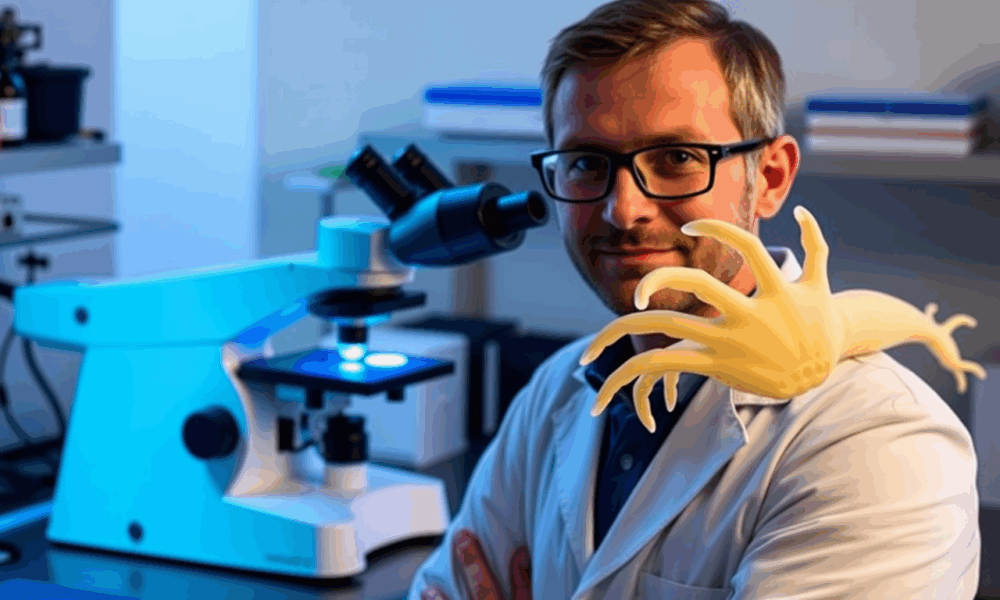
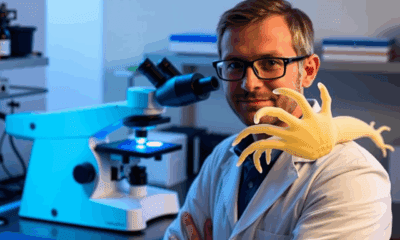

With its fascinating ability to regrow entire limbs and internal organs, the Mexican axolotl is the ideal model for studying regeneration. Scientists have now found a...
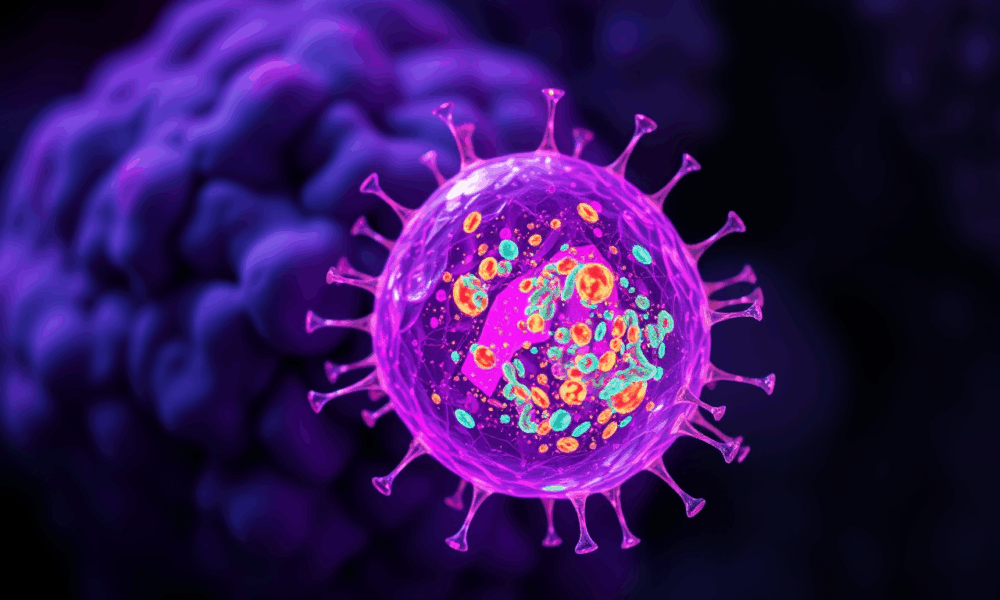
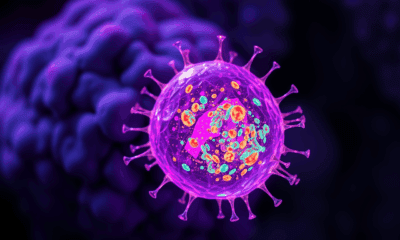

Cancer cells respond to stress with greater diversity. Drugs that affect DNA replication, or radiation that causes direct DNA damage, lead to increasingly diverse offspring over...
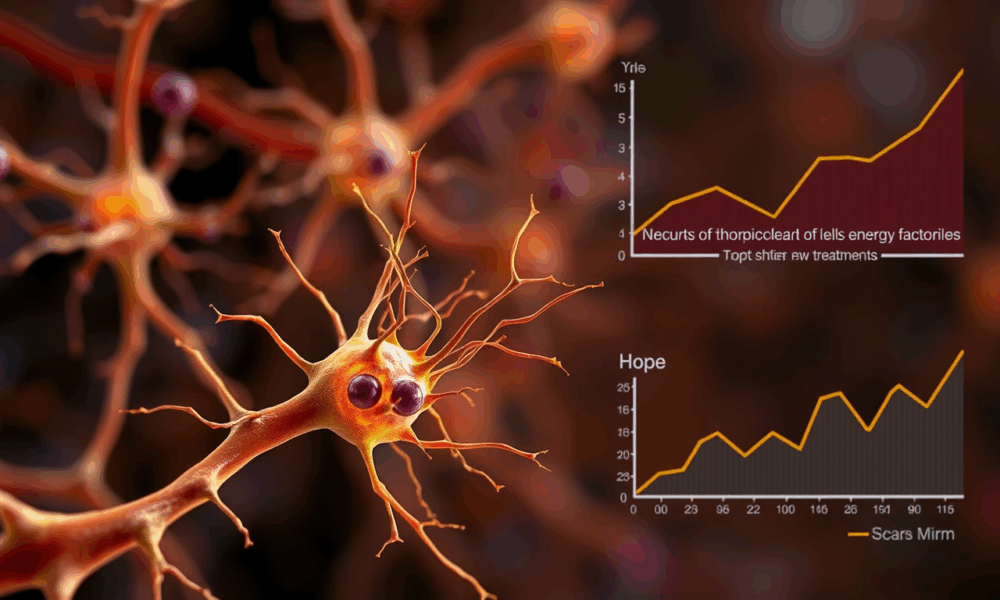
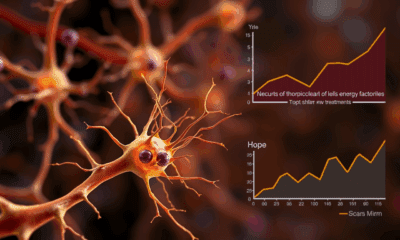

Using the gene scissors CRISPR and stem cells, researchers have managed to identify a common denominator for different gene mutations that all cause the neurological disease...
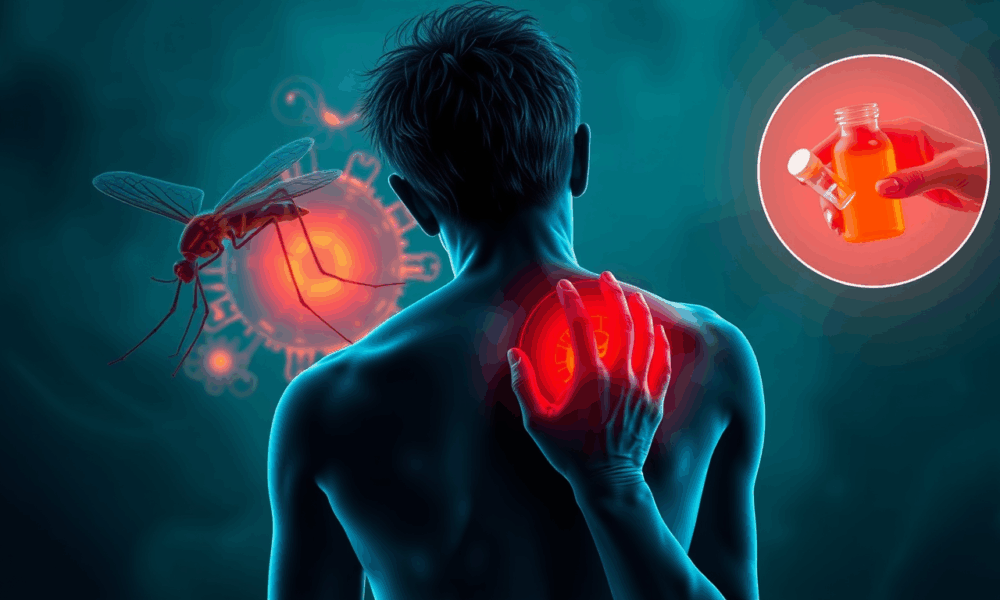
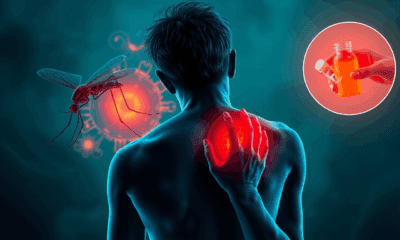

By studying Chikungunya virus, scientists shed light on how immune responses to viral infections may lead to persistent symptoms of autoimmune disease.
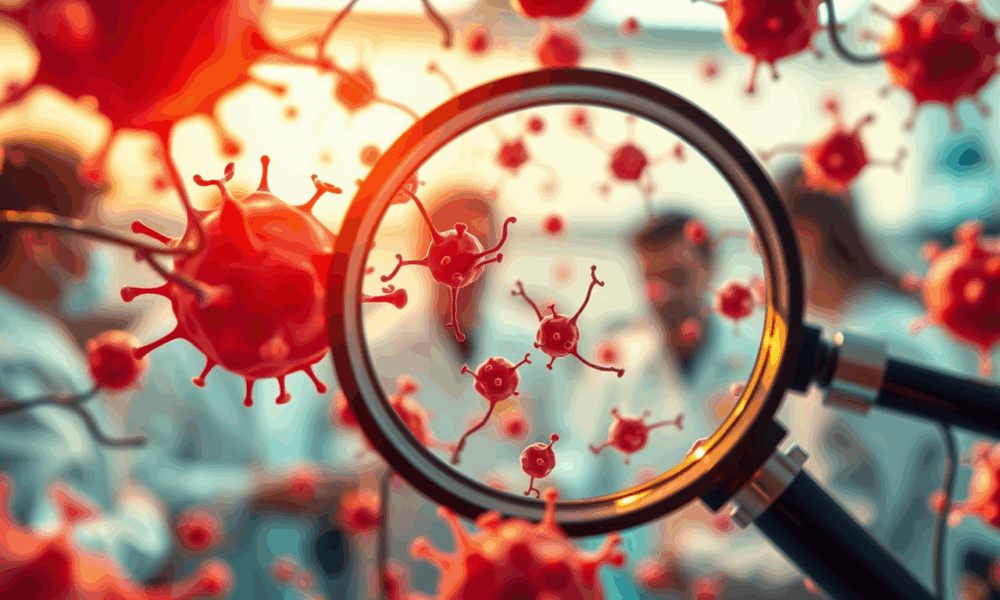
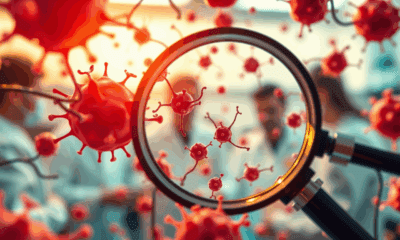

Researchers have developed a method to confidently produce blood cell precursors from stem cells in mice, by activating a set of seven key genes in the...
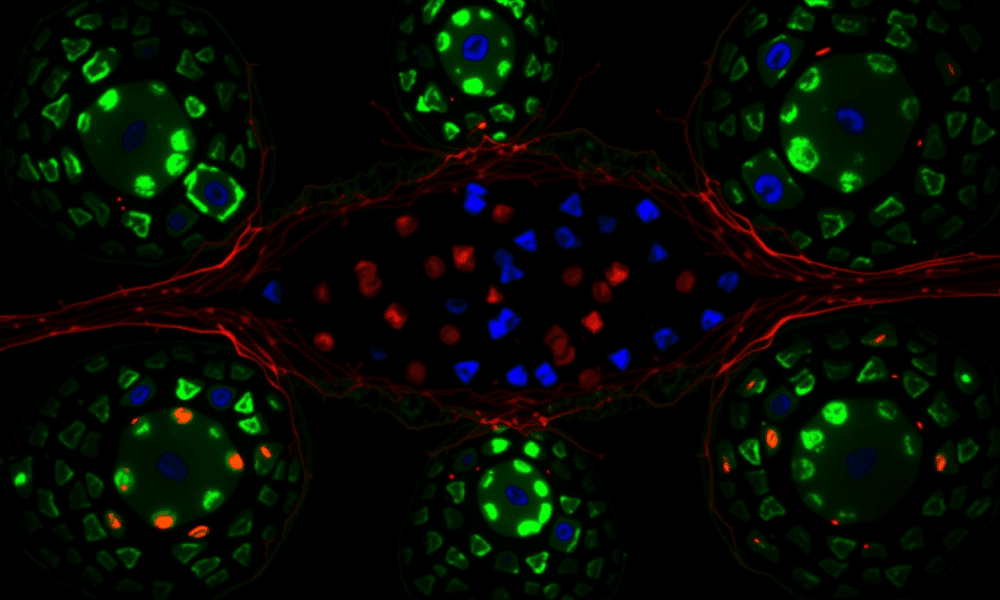
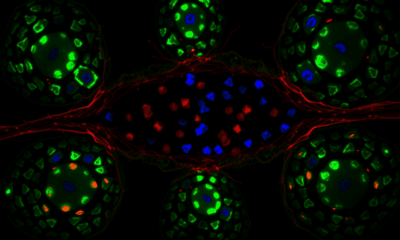

Research improves upon a popular experimental model of mammal development and in doing so, reveals more of the inner workings of a critical period during the...



Evidence of a unique T cell may explain why urban children are more prone to allergies than rural children. Differences in the development of the gut...